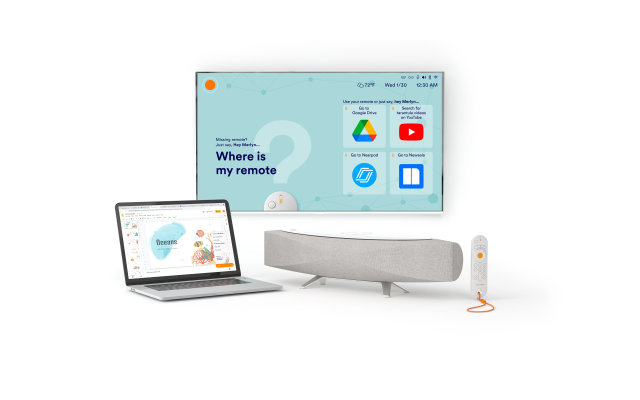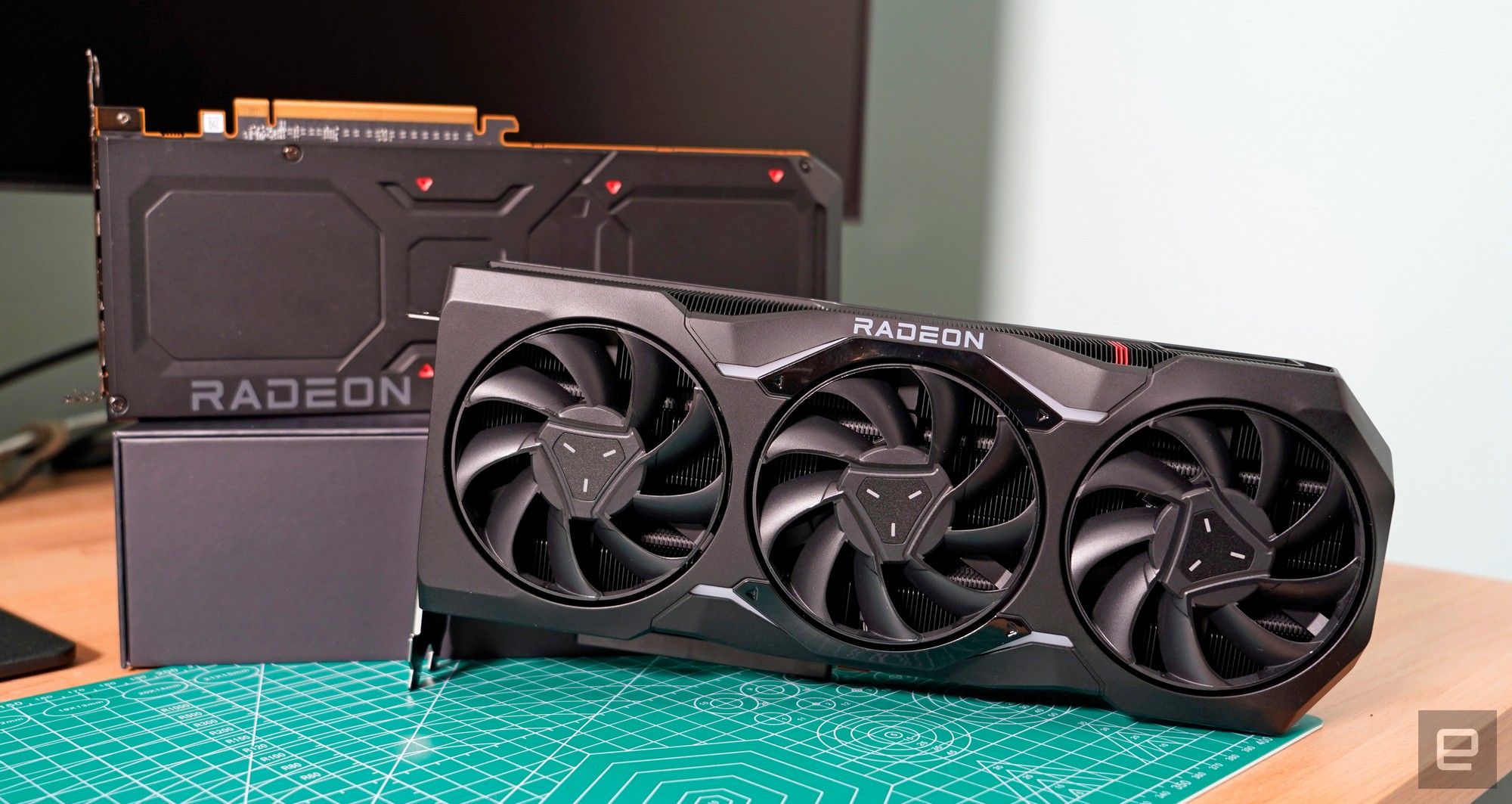We’ve chronicled, in nice element, the numerous layers of know-how, companies and options which were wrapped world wide of schooling lately — and particularly within the final yr, which grew to become a excessive watermark for digital studying instruments due to COVID-19. At this time, a startup referred to as Merlyn Mind is popping out of stealth with a proposition that it believes helps tie lots of this collectively within the Ok-12 classroom — a “digital assistant” that comes within the type of a bit of customized {hardware} and software program to “learn” pure voice and distant management instructions from a trainer to regulate multimedia apps on a display of selection. Together with this, Merlyn Thoughts is asserting $29 million in preliminary funding to construct out its imaginative and prescient.
The funding is being led by specialist edtech investor Be taught Capital, with different unnamed buyers taking part. It comes after Merlyn Thoughts spent about three years quietly constructing its first launch and extra not too long ago piloting the service in 50+ school rooms in additional than 20 faculties.
Co-founded by longtime IBM scientists Satya Nitta (the CEO), Ravi Kokku and Sharad Sundararajan — all of whom spent a number of years main schooling efforts in IBM’s Watson AI analysis division — Merlyn Thoughts is coming to the market with a patented, vertically built-in resolution to resolve what Nitta informed me in an interview he believes and has seen firsthand to be a basic ache level on the planet of edtech.
In impact, schooling and know-how might have now been merged right into a single time period so far as the tech world is worried, however by way of sensible, on-the-ground software, many lecturers are usually not benefiting from the instruments they’ve within the classroom. The bulk are, he believes, going through “cognitive overload” (which isn’t to say the children, who themselves in all probability are going through the identical: an issue for it to deal with down the street, I hope), and so they need assistance.
To be truthful, this downside existed earlier than the pandemic, with analysis from McKinsey & Co. printed in 2020 (and gathered earlier) discovering that lecturers have been already spending greater than half of their time on administrative duties, not educating or desirous about how and what to show or what assist particular college students may want. Different analysis from Learn Platform discovered that lecturers doubtlessly have as many as 900 totally different purposes that they’ll use in a classroom (in apply, Nitta informed me a trainer will sometimes use between 20 and 30 purposes, websites and tech companies in a day, though even that could be a big quantity).
Put up-COVID-19, there are different kinds of recent issues to grapple with on prime of all that. Not solely are many educators now taking part in catch-up due to the months spent studying at residence (it’s been extensively documented that in lots of circumstances, college students have fallen behind), however total, schooling is coming away from our yr+ of distant studying with a a lot stronger mandate to make use of extra tech any further, not much less.
The assistance that Merlyn Thoughts is proposing comes within the type of what the startup describes as an “AI hub.” This features a private assistant referred to as Merlyn; a classroom AI hub referred to as Symphony Classroom, a type of Alexa-style voice interface tailor-made to the academic setting and constructed on a fork of Android; a wise speaker that appears a bit like a soundbar; and a consumer-style distant that can be utilized additionally for navigation and instructions.
These then work with no matter display the trainer opts to make use of, whether or not it’s a TV, or an interactive whiteboard, or one thing else; together with some other linked gadgets which might be used within the classroom, to open and navigate by totally different apps, together with varied Google apps, Nearpod, Newsela and so forth. (That would doubtlessly additionally embrace children’ particular person screens if they’re getting used.)
The thought is that if a trainer is in the midst of a lesson on a selected matter and a query comes up that may greatest be answered by illustrating an idea by one other app, a trainer can set off the system to navigate to a brand new display to seek out that data and immediately present it to the scholars. The system will also be used to discover a trainer’s personal supplies on file. The demo I noticed labored effectively sufficient, though I’d like to see how an atypical trainer — the type they’re hoping will use this — would fare.
Everybody is aware of the expression “{hardware} is difficult,” so it’s attention-grabbing to see Merlyn addressing its downside with a hardware-forward method.
Nitta was very prepared together with his protection for this one:
“I’ll let you know why we constructed our personal {hardware},” he informed me. “There’s a bunch of AI processing that’s occurring on the gadget, for varied causes, together with latency and safety. So it’s type of an edge AI equipment. And the second factor is the microphones. They’re designed for the classroom setting, and we wished to have full management over the tooling of those microphones for the processing, for the setting, and that’s very exhausting to do. In case you are taking a third-party microphone array off the shelf, it’s unimaginable, really, you merely can not.”
The startup’s early staff is rounded out with alums from the likes of HP Training, Amazon, Google, Fb, Broadcom and Roku to assist construct all of this, realizing the challenges they have been tackling, but in addition the payoff as soon as it will be completed if all of it works.
“We have a really, very proficient staff, and we principally mentioned, proper, that is going to be lots of exhausting work that may take us three and a half years. We now have to construct our personal piece of {hardware}… and we ended up constructing all the voice stack from from scratch ourselves, too,” Nitta continued. “It means we’ve finish to finish management of all the pieces from the {hardware} all the best way to the language fashions.”
He did level out although that over time, there might be some parts that might be usable with out all of the {hardware}, specifically when a trainer might immediately have to show exterior the classroom once more in a distant studying setting.
It’s a really bold idea, however the place would schooling and studying be if not for taking leaps every now and then? That’s the place buyers stand on the startup, too.
The proof might be in the way it will get adopted when it lastly launches commercially later this yr, with pricing to be introduced later.







